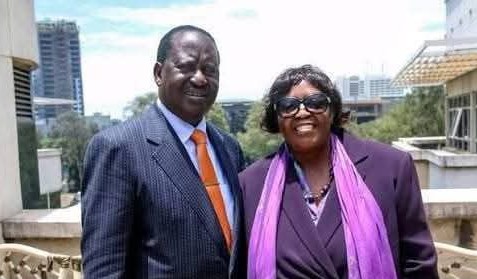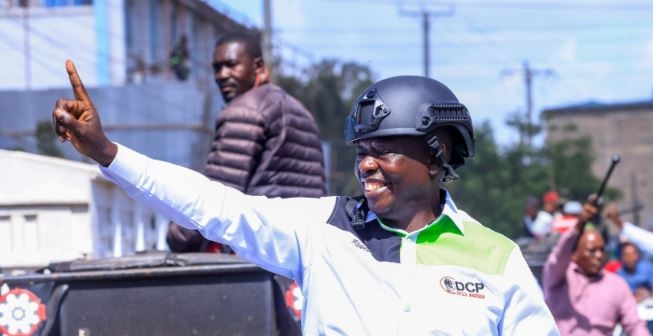
The Odinga family is once again in mourning following the death of Raila Odinga’s sister, Beryl, on Tuesday.
According to her sister Ruth, Beryl died at Nairobi West Hospital, where she had been receiving treatment.
Her death comes less than a month after Raila’s passing in India.
Her elder brother, Oburu Oginga, 82, is currently out of the country.
The family has described his trip as a period of rest after months of political activity.
In his 2014 autobiography Flame of Freedom, the late Raila Odinga reflects on his relationship with Beryl, describing it as close and protective.
In the book, he recounts episodes that, in his view, shaped his attitudes on gender equality and the treatment of women.
Raila writes that Beryl married businessman and politician Otieno Ambala shortly after completing her A-levels in 1972.
According to the autobiography, members of the Odinga family were initially concerned about the relationship, although Beryl chose to proceed with the marriage.
The couple later had children.
In the book, Raila characterises the marriage as troubled.
These accounts reflect his personal perspective as narrated in the autobiography.
Raila further writes that tensions in the marriage escalated, prompting Beryl to leave their home.
He says that he arranged for her and the children to travel to Zimbabwe in 1980, shortly after the country gained its independence.
According to the autobiography, Ambala later relocated her to Harare, and legal and immigration complications followed, partly influenced by the laws at the time that required married women to obtain their husband’s consent for a passport.
Raila writes that a Zimbabwean court eventually granted Ambala custody of the children after questions were raised about Beryl’s legal status in the country.
He recounts that she returned to Kenya without her children.
The autobiography describes Raila’s subsequent efforts to help Beryl regain freedom of movement, including exploring the possibility of alternative travel documentation.
According to the book, Beryl later acquired Ugandan travel papers through contacts Raila sought out, enabling her to return to Zimbabwe without restriction.
Raila writes that once she obtained these documents, Beryl was able to live beyond Ambala’s reach for the first time.













